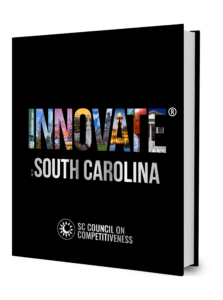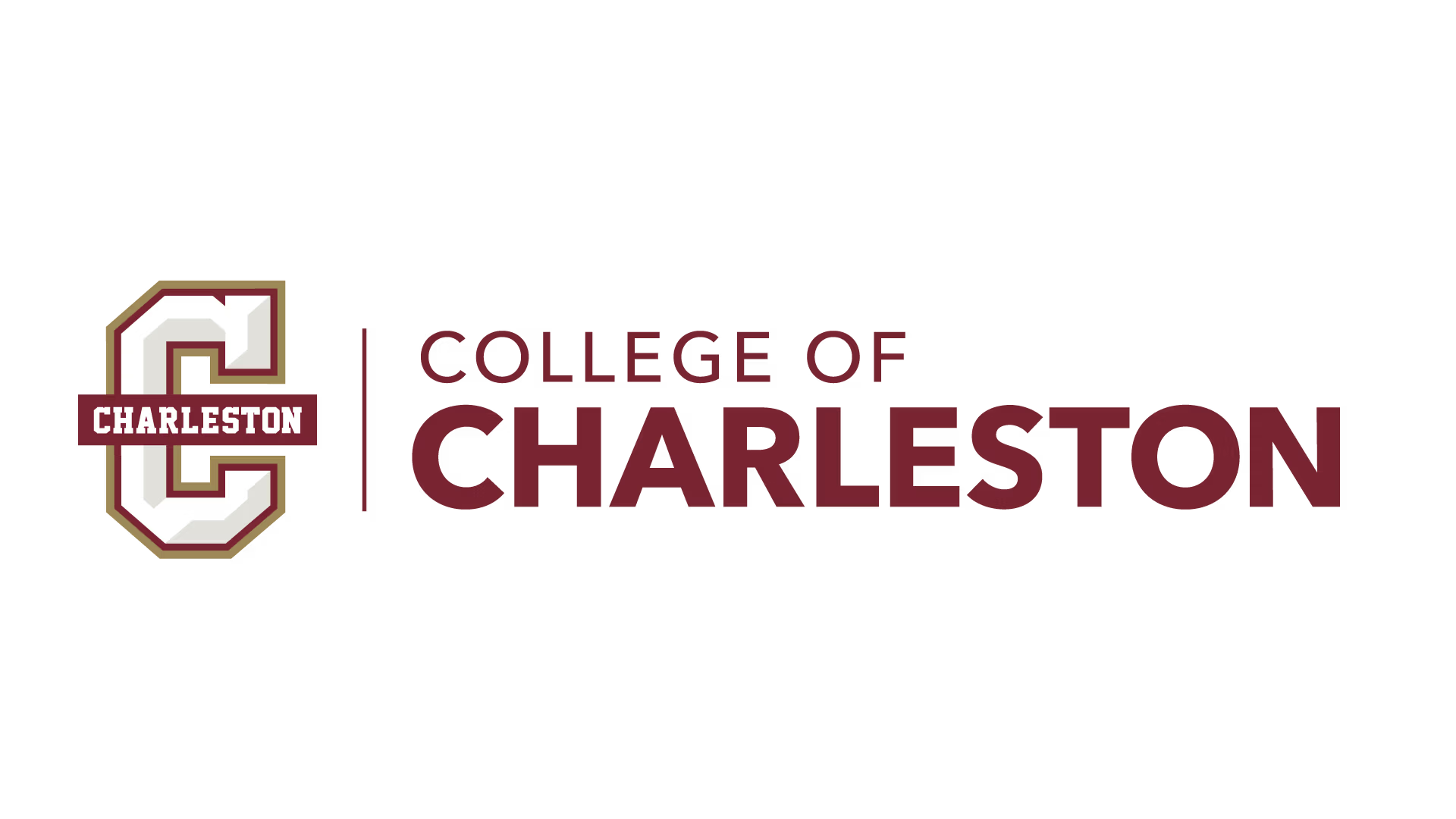Both society and technology are changing ever more rapidly. Higher education is historically designed to be steady and slow in changing. The conflict caused between slow-moving institutions and a rapidly changing world has become ever more obvious – to the point, for many, that it has reached a definitive inflection point, and, for some, to a crisis. For those institutions hoping to thrive in this fast-changing landscape, innovation is crucial to any kind of success: we either innovate and make changes quickly enough, or we will share the same fate of the dinosaurs (to quote a senior colleague loosely).
In the College of Charleston’s 10-year strategic plan, innovation is an explicit cross-cutting theme tying all of our major efforts together, from student and employee success to academic distinction. The willpower to try new things has never been more important, especially in an industry not renowned for its dexterity or willingness to part with tradition. I am especially proud of how our university community is embracing innovation and applying it in every aspect of campus: student life, our business operations, and, of course, our curriculum.
In my life, I have seen much change. I grew up during an especially tumultuous time in Chinese history: the Cultural Revolution, when knowledge was seen as a liability and not as an asset. Fortunately, I also saw that era’s end and was able to travel to the U.S. to further my education. Today, we stand at a new kind of revolution. While this one is completely different than the one I experienced as a young person, its effect may just be as disruptive and forceful as any in human history. Technology – from smart phones to generative artificial intelligence (or GAI) – is raising human potential exponentially, and the possibilities are infinite, which can be both inspiring and terrifying.
At the College of Charleston, we are optimistic that this new revolution will do good. To that end, we want all of our students, regardless of the discipline they study, to possess not only a basic digital literacy, but to actually have a certain level of fluency, if you will, in using the latest technology and innovations (those being AI at the moment) to differentiate themselves in their careers and in their personal lives.
A university should be a place where innovations are both generated and applied. I am especially pleased that the College of Charleston, even with its centuries of tradition, is not bound by obstinance, nor is it afraid of change. We understand that you don’t have to be particularly adept at calculus to appreciate how an inflection point can lead to a better future. You only need optimism, curiosity and a mindset for change.
Andrew Hsu is the 23rd president of the College of Charleston. He earned his doctorate in aeronautical engineering and worked in private industry for nearly a decade. After entering academia, he took on a variety of academic leadership roles, from vice president of research, to engineering dean, to provost, working at universities across the U.S.














